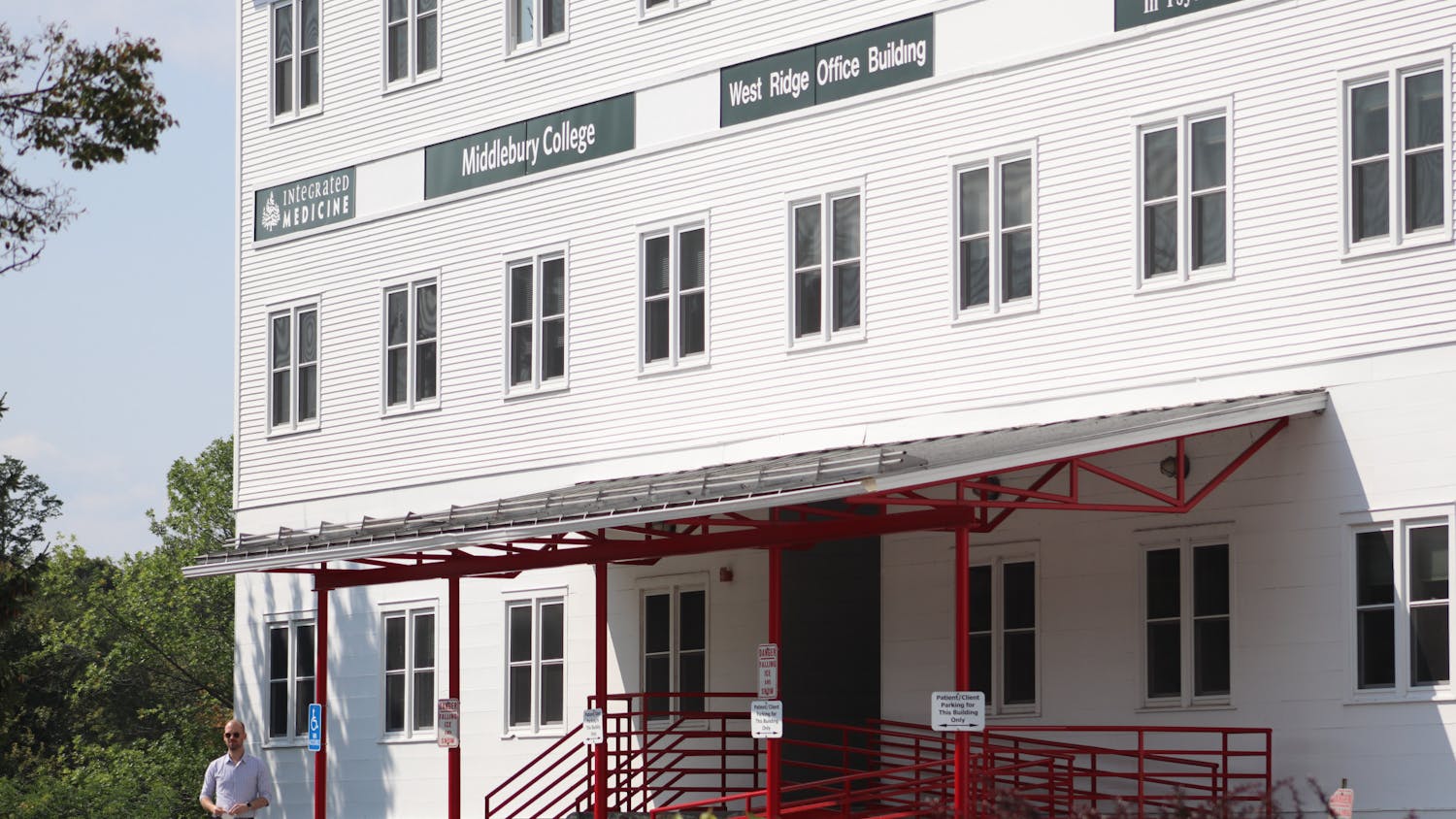When the Middlebury Association of University Professors, which has more than 220 members both faculty and staff, asked for a minimum 10% cost-of-living pay adjustment for all employees, we were being more than reasonable. At the faculty meeting last April, 87% of faculty agreed and supported a Sense of Faculty Motion. To get paid the same as we were in 2019 adjusted for inflation, we would have had to ask for nearly a 16% raise. Any increase less than inflation is actually a pay cut, not a raise. The average increase in faculty compensation was 5.4% in July, according to President Laurie Patton. With this in mind, nearly all employees received a giant pay cut.
Faculty and staff have worked under difficult conditions due to Covid-19 these past two and a half years, and yet we’ve been asked to do more for less money. Employees on campus faced added risk even with the precautions that were taken. Many staff took on more work and tasks that were outside their job descriptions, especially when positions were cut or left unfilled, all without additional compensation. Faculty also added more to their workload as numbers of students increased while the number of faculty did not. Faculty worked many extra hours to adapt courses to online or hybrid classes, which is not the same as just taking an existing course and turning on Zoom. Students have struggled both academically and personally, and faculty and staff alike have devoted additional time to providing support, accommodations and empathy.
So why are employees working more for less money? Because most of us have no choice. Inflation has reached historic highs and we face increased costs for everyday living expenses including food, gasoline, rent and other essentials. As we approach the heating season, rising fuel costs will strain budgets even more. Meanwhile the college rolled out a new compensation program that resulted in 14% of staff getting no wage increase at all. And the college just announced it would discontinue supplemental paid leave for Covid-19 isolation and illness.
With an endowment of over 1.5 billion as of fiscal year 2021, Middlebury has the means to compensate employees fairly. To achieve a minimum 10% cost-of-living adjustment would only take a small additional endowment draw — taking more than 5% to minimize a pay cut for overworked employees is simply the right thing to do. The endowment has already grown 25–30% in real (inflation-adjusted) value over 2019–2021. We ask that the college invests in its own employees. Not doing so means that even more faculty and staff will have to take on other jobs to try and make ends meet, limiting our ability to continue to provide the kind of education and campus life that students deserve.
Based on a survey of faculty conducted in spring 2022, 63% of faculty feel on the verge of burnout, 75% of faculty do not believe the college values their work and a staggering 78% are not satisfied with how things are going at the college.
Not investing in employees is a short-sighted strategy that will save some money now, but cost the college much more in the future. We care deeply about Middlebury’s future. We believe our future is jeopardized when cost-saving measures undermine the creation of a thriving academic community. That’s why the AAUP is calling on the administration to commit to the following:
-Create a plan to fairly compensate ALL employees for wages lost during the pandemic. To not compensate for labor when the college has the resources to do so is exploitative.
-Create a plan to provide a livable wage to ALL Middlebury employees.
-Revise the current staff compensation system that arbitrarily pegs staff wages to contrived “market rates” that compares Middlebury to schools that are not similar to it in terms of size or the sort of work required from staff. Any comparison should consider both operating costs and revenues, including endowments. In other words, it should account for the ability of an institution to pay fair wages.
-Commit to a plan for employees to see their real-salaries increase over time.
Signed by the following members of the AAUP Executive Committee,
Jeffrey Carpenter
Brenda Ellis
Laurie Essig
Amy Holbrook
Jamie McCallum
Peter Matthews
Mike Olinick
Terry Simpkins




